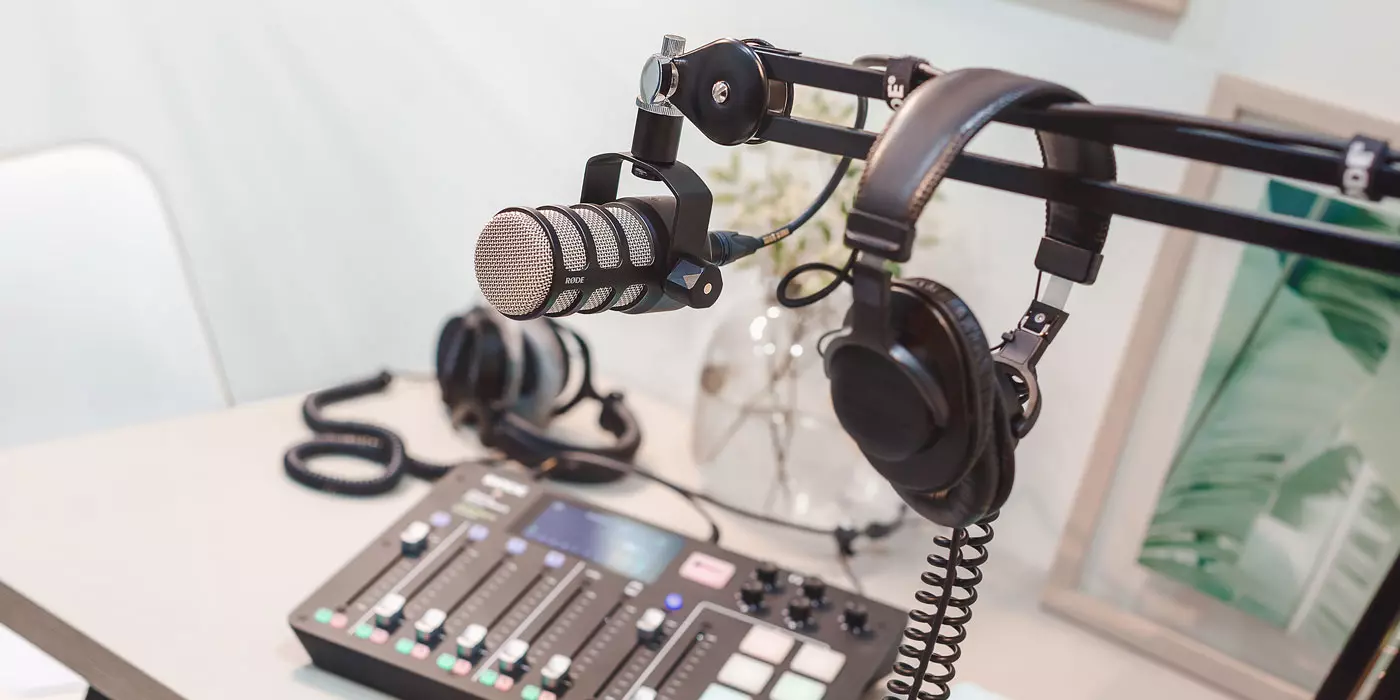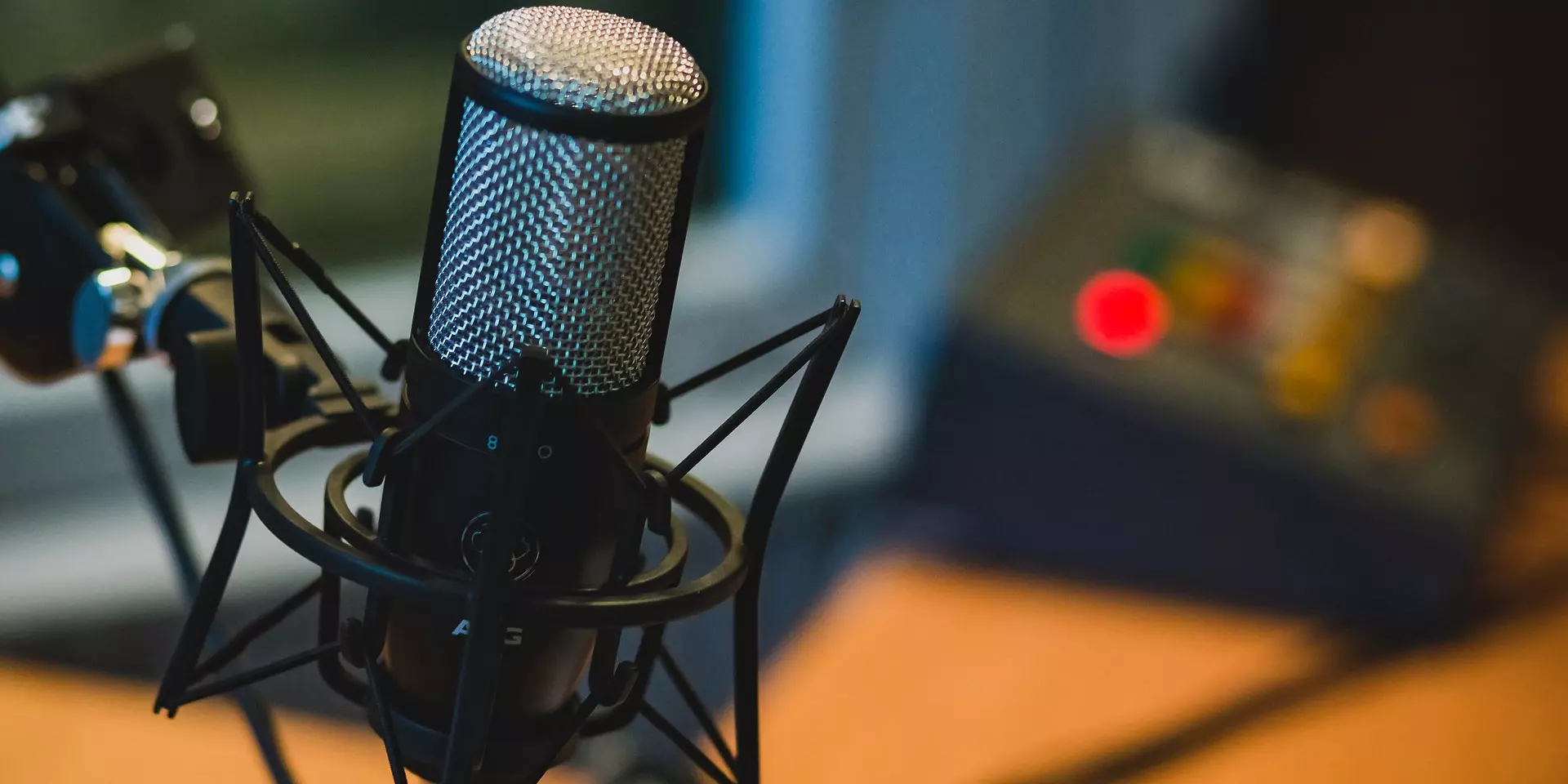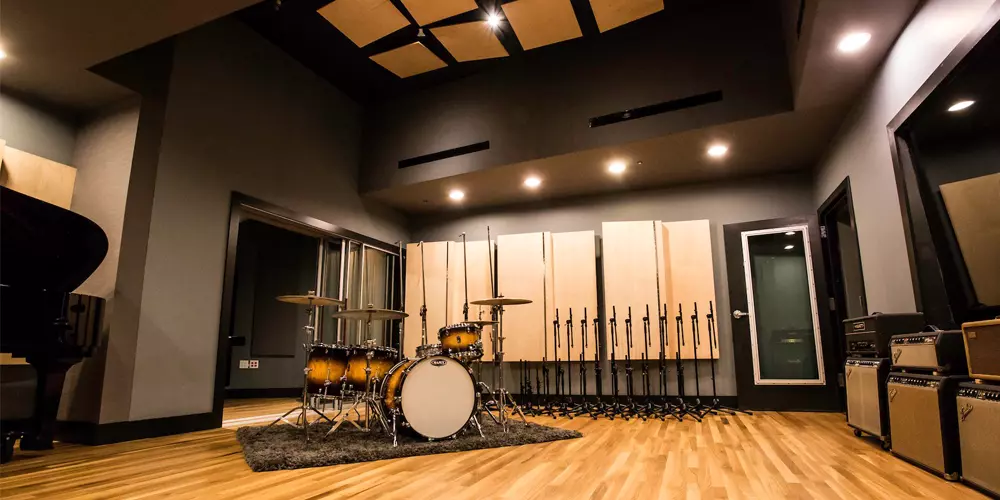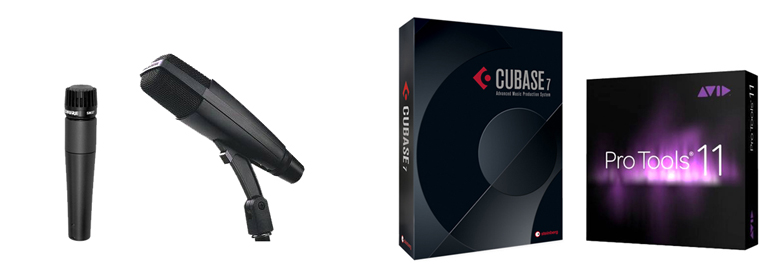50 Countries!
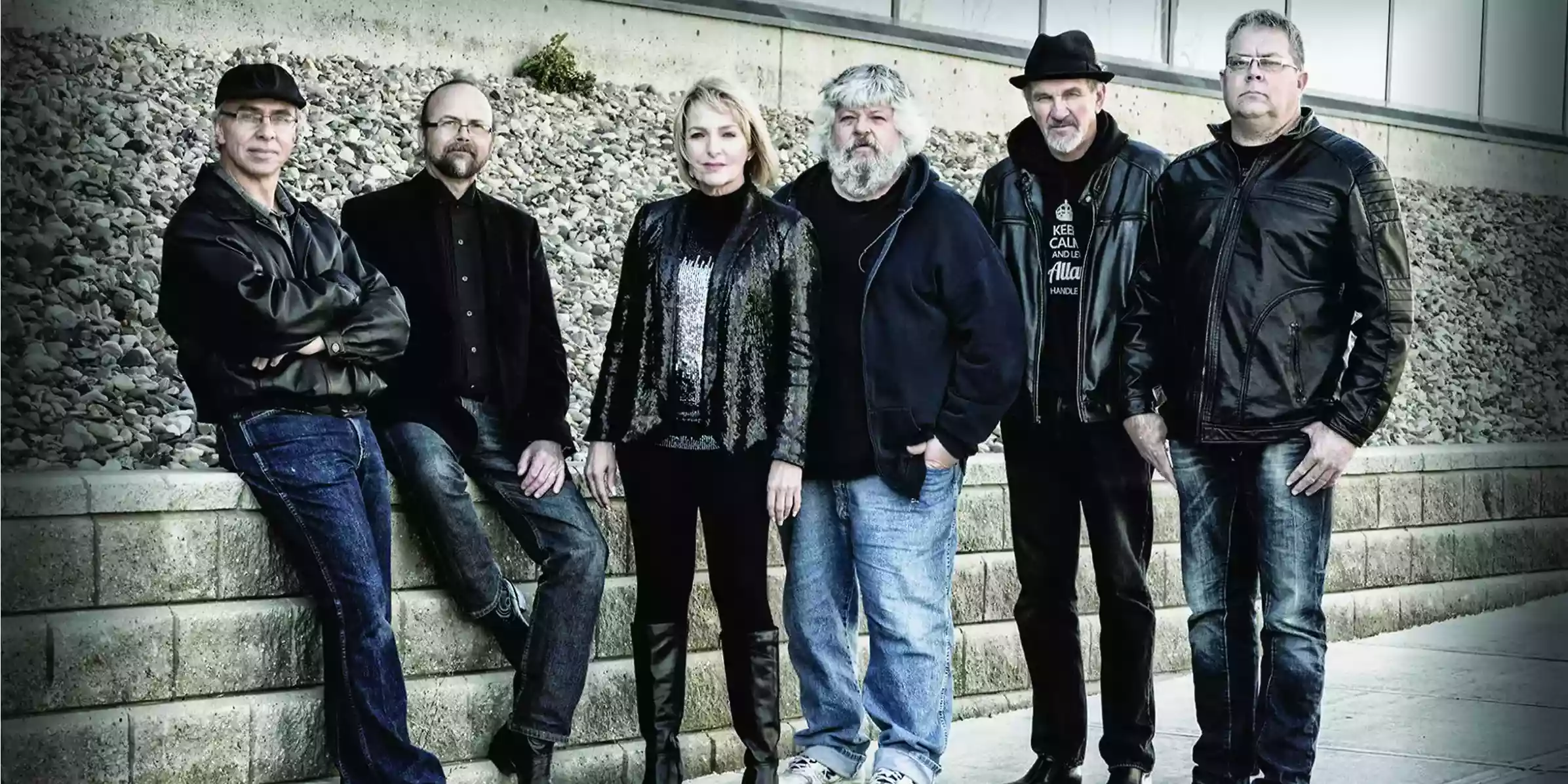
People from 50 countries have given us unsolicited compliments about one of our recordings. They range from the "thumbs up" or "heart" icon, from places where little English is spoken, to "awesome” and "How come I haven't heard of you?" We are not world-wide famous in the typical sense; we live in Lethbridge, a city of 100,000 people, perform about 20 times a year and rehearse twice a week. We don't have a band manager, don't have a record company, and use moderately priced instruments and PA systems--many products from Long & McQuade in fact. We don't even travel more than 200 km for gigs.
How did this happen? How can YOU get the same results?
1. Make a good recording. We choose our arrangement of Hit The Road Jack because we had performed and rehearsed it at least 50 times. We did the guitars, bass and drums together, "live off the floor" as they say, then after that, added keyboards and vocals on top. Because we also rehearsed for the recording, we got it "off the floor" in four takes, and the keyboards and vocals were quick to finish after that. Then we had the recording engineer work with me to do the mixing: 4 hours recording, 4 hours mixing.
Check out our selection of microphones and recording software
2. Do the legal work on the copyright. Frankly, it is a confusing mess all over the world, but since this song is controlled through the writer and the Ray Charles Foundation, we paid the Harry Fox Agency in New York (they handle 90% of the popular music) the advance royalties on 1000 downloads...amounting to 9.1% of USA sales. If you are doing your original song, skip this step.
3. With this step done, we went to CD Baby.com (there are other sites that you can use). We had the song put up on their site for download sales--one time cost of about $25. We submitted cover art to them as well, all by email. They also take 9% of your sales, but in return, they do all the accounting for you 24/7, and will advance your song onto iTunes, and other sites you wish, including streaming sites like Spotify or Deezer.
4. Once the song was on iTunes, we developed a YouTube video for the song. We are lucky because our lead singer's husband is a professional photographer, and we just used a series of still photos.
5. With the YouTube video linked into my home computer, I began to send it out via Facebook. After one week of experiments, this worked best:
- Find someone's Facebook page that has a photo of a guitar or set of drums, or a singer,
- Ask them to be your "friend",
- When they accept--I've found that 2/3 of them do--then I send them the link with this introduction; "Hello from Lethbridge, Canada...our new YouTube song...play along: AM G F E7..." I deliberately do not ask for their opinions on it; just send it out neutrally, to get a more honest response.
- When they write back with something positive, I tell them they can hear our songs on iTunes and free streaming sites like Spotify. In this particular case, I put in the chords so they could play along while listening to the song, or if they stream or download it, or use it as a practice piece/set filler.
6. Facebook now has more than 2 billion pages. By going from one person, to their friends, to their friends, you eventually go almost anywhere Facebook is allowed, including China, Viet Nam and Iran. There is a limit of 5000 friends for you, but sometimes you can find someone who will send your link onwards to more than one Facebook user, so you don't spend all your time doing it one "friend" at a time.
7. What about copyright on the visual transmission of the music on YouTube? Four years ago, when our band was called Moon Dancer, we did a recording and video for Carole King's Will You Still Love Me Tomorrow. Many months later I realized that technically, you need permission to "broadcast" it. So I contacted Carole King. No response. I contacted her management company many times, and finally, someone said they would talk about it and get back to me, but they never did. I made a concerted reasonable effort, to pay something, but they did not follow through. A Facebook expert later explained that it is just too time-consuming for the lawyers of songwriters to run around chasing down bands that have a few thousand YouTube hits. When you get to a million hits they will take notice, so YouTube has developed choices: you can pay the songwriters, or YouTube will put some advertising in front of your video ("monetize the song") some of that revenue is diverted to the songwriters.
Of course, if your song is an original this is not an issue, unless someone covers your song--then you can track them down.
8. Will this result in revenue for you? Possibly. Even when I deduct the 9.1% for songwriter's royalties, and 9% for CD Baby, and the commission from a site like iTunes, we get about 54 cents (US dollars) out of 99 cents for a download. And that's a better percentage than the Beatles ever got in 1969 for the $10 I paid at the retail store for Abbey Road. Streaming pays....poorly. Spotify gives us 1/10 of a cent per stream, about four months after it happens, while other streaming sites can pay up to about 0.7 cents per stream.
We are not doing this for the money, because with our band it amounts to about 12 cents a day. I spend about an hour a day promoting the song, and as I said to our lead singer Dory, we've hit the little time. But there is an unusual pleasure in having people in other cultures like our music and write back to us with "awesome", "cool" or "nice job" or "great work".
You can see our video on YouTube: Dory & The Weathermen, Hit The Road Jack.
* * *
Allan Wilson is a semi-retired Lethbridge school teacher who has written for the Globe and Mail, Toronto Star, CBC, Observer Magazine, Reader's Digest and the Canadian Medical Association Journal. He plays guitar and sings for Dory & The Weathermen.

